2023 PAR (Product & Agronomy Research) Report: Soybean Foliar Pack Add-On Study
BY Dairyland Seed Agronomy Team
Description:
Soybean foliar packages contain several components. Among other components, these foliar packages will often include micronutrients, sugars, and growth regulators. This comprehensive application plan is quite common, and we will look to see if there is any response to these components applied in order. We will look at this breakdown in an “add-on” fashion. We will start with the application of a micronutrient pack, then add sugar and then add a growth regulator. The micronutrient pack is added to correct any micronutrients that may be lacking. Sugar is applied to super load the plant with energy, and the growth regulator contains synthesized plant hormones that trigger cell division and elongation.

Methods:
DSR-2562E™ was planted on May 5 at Wabash, Ind., and May 15 at St. Johns, Mich. Both locations were replicated. Treatments were applied at the R2-R3 growth stage.
Treatments:
- Untreated Check
- Micro 500 (1 qt/A)
- Micro 500 (1 qt/A) + Growth Regulator (Triad™ 8 oz/A) – St. Johns only
- Micro 500 (1 qt/A) + Sugar (BW Sweet 2 pt/A)
- Micro 500 (1 qt/A) + Sugar (BW Sweet 2 pt/A) + Growth Regulator (Triad™ 8 oz/A)
Results:
Soybean Foliar Add-On Results

Conclusion:
Results for both locations showed the greatest advantage with the Micro 500 treatment compared with the untreated check. The Wabash, Ind. location did not show an advantage to adding sugar to the Micro 500 or sugar and a growth regulator to the Micro 500. The St. Johns, Mich. location also did not show an advantage to adding sugar with the Micro 500. However, the growth regulator added with the Micro 500 showed an advantage, and the combination of Micro 500, sugar, and growth regulator also showed an advantage. Both locations experienced some stress early but good growing conditions as the plants entered the reproductive stages. This likely contributed to higher untreated yields, which could mask some treatment advantages.
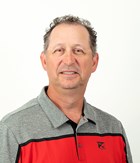
Brian Weller
Western Region
507.456.3034
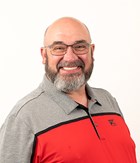
Rod Moran
Western Region
507.456.3034
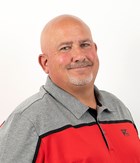
Dan Ritter
Central Region
219.863.0583
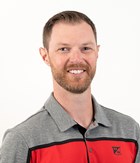
Branden Furseth
Northern Region
608.513.4265
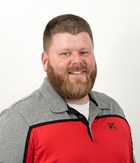
Mark Gibson
Eastern Region
260.330.8968

Amanda Goffnett
Eastern Region
989.400.3793
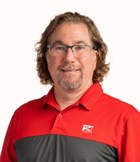
Ryan Mueller
Eastern Region
989.400.3793
